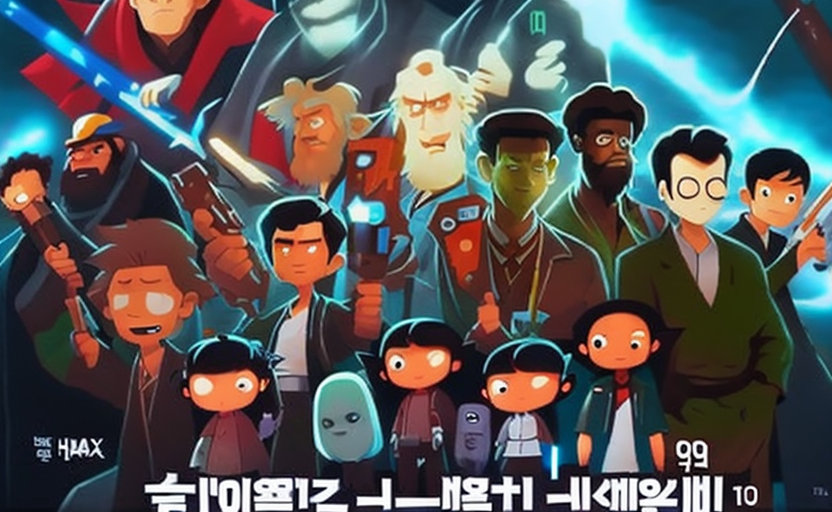We are pleased to welcome you to our upcoming CREATE Salon on Cultural Evolution.
Date: Thursday, 26th January, 2023
Time: 15:00 – 17:00 CET
Chair: Melvin Wevers | Assistant Professor Urban History and Digital Methods, University of Amsterdam
Registration and location details for the event can be found here.
Event Description
In his theory of natural selection, Charles Darwin laid out three principles that explain the diversity in the biological world and the complex adaptation of organism to their environment. The principles are that (1) variations exists between individuals, (2) contraints on resources causes a struggle for existence, and (3) that characteristics can be inherited. Proponents of Cultural Evolution argue that cultural change—changes in socially transmitted beliefs, knowledge, technology, languages, etc…–share the same principles that Darwin used to explain biological change. Culture is this sense is “information that is acquired from other individuals via social transmission mechanisms such as imitation, teaching, or language” (Mesoudi, 2011). As such, cultural evolution offers a unified framework that might explain processes underlying culture. In recent years, scholars relied on the framework of cultural evolution to empirically model phenomena ranging from language change, story networks, fan fiction, music production, religion. The speakers of this CREATE Salon will confront this exciting topic from both theoretical and applied perspectives and discuss conceptual issues regarding cultural evolution, through examples from their own research practice.

Golem: Graphs and Ontologies for Literary Evolution Models
Federico Pianzola | Assistant Professor in Computational Humanities, University of Groningen (NL)
The GOLEM is an ERC-funded project (2023-2027) aiming at creating statistically robust models explaining how fiction evolves, based on the analysis of millions of stories and the effects they have on readers. This is the first time in history that this kind of data is available on such a large scale, thanks to the fact that readers all over the world use digital and social media to share fictional stories and to comment on them, e.g. on publishing platforms like Wattpad and AO3. The combination of computational literary studies and cultural evolution theory will allow to create accurate models of how the (formal and content-related) cultural traits found in fiction spread and combine across cultures and languages.

From Beethoven to Beyoncé: Do Changing Aesthetic Cultures Amount to “Cumulative Cultural Evolution?”
Natalie Sinclair | PhD Candidate in Biology, University of St. Andrews (UK)
Music, art and dance evolve over time, but can we say they gain beneficial modifications that increase their aesthetic value? Natalie Sinclair’s collaborative and recent paper brought together perspectives from philosophy, musicology and biology to build a conceptual analysis of this question. In this paper, Sinclair et al. summarise current thinking on cumulative culture and aesthetics across fields to determine how aesthetic culture fits into the concept of cumulative cultural evolution. They argue that this concept is problematic to reconcile with dominant views of aesthetics in philosophical analysis and struggles to characterise aesthetic cultures that evolve over time. They suggest that a tension arises from fundamental differences between cultural evolution in aesthetic and technological domains. Furthermore, this tension contributes to current debates between reconstructive and preservative theories of cultural evolution.
Paper citation:
Sinclair, N. C., Ursell, J., South, A. and Rendell, L. (2022) From Beethoven to Beyoncé: Do changing aesthetic cultures amount to ‘cumulative cultural evolution’? Frontiers in Psychology, doi: 10.3389/fpsyg.2021.663397
–
